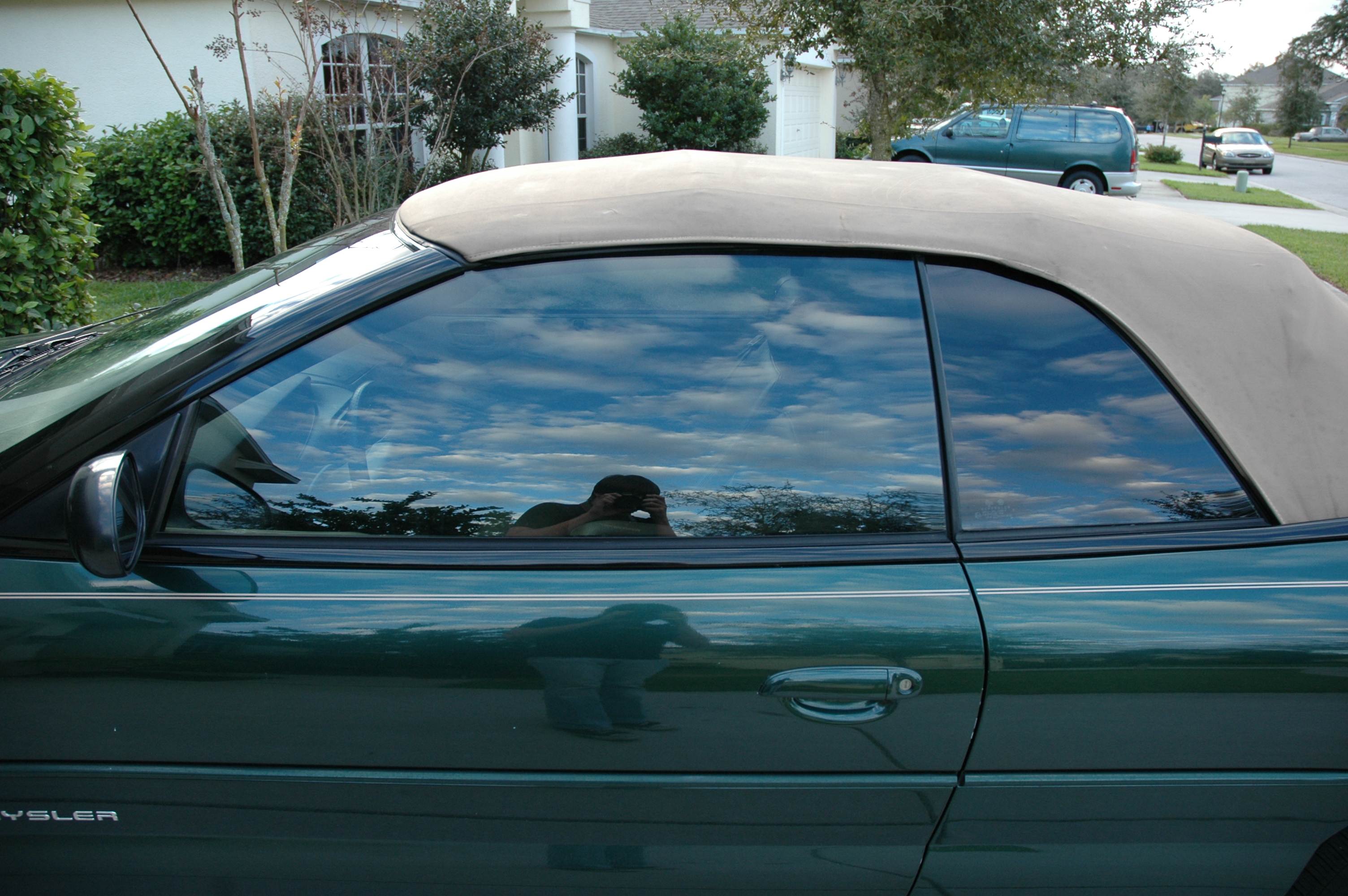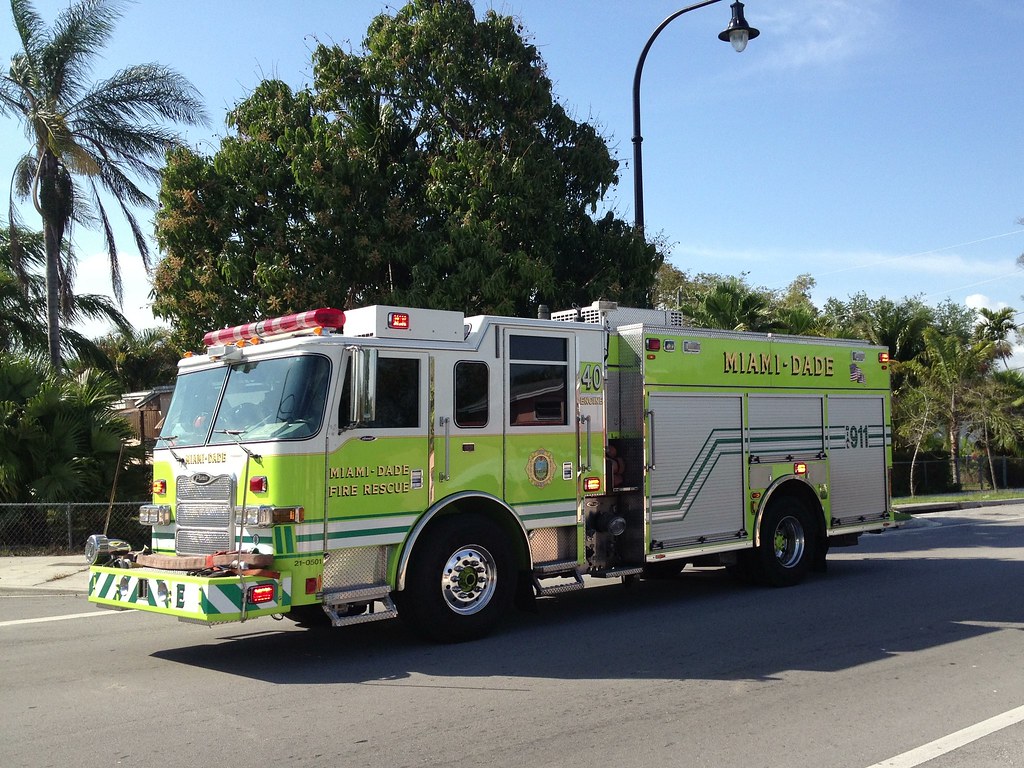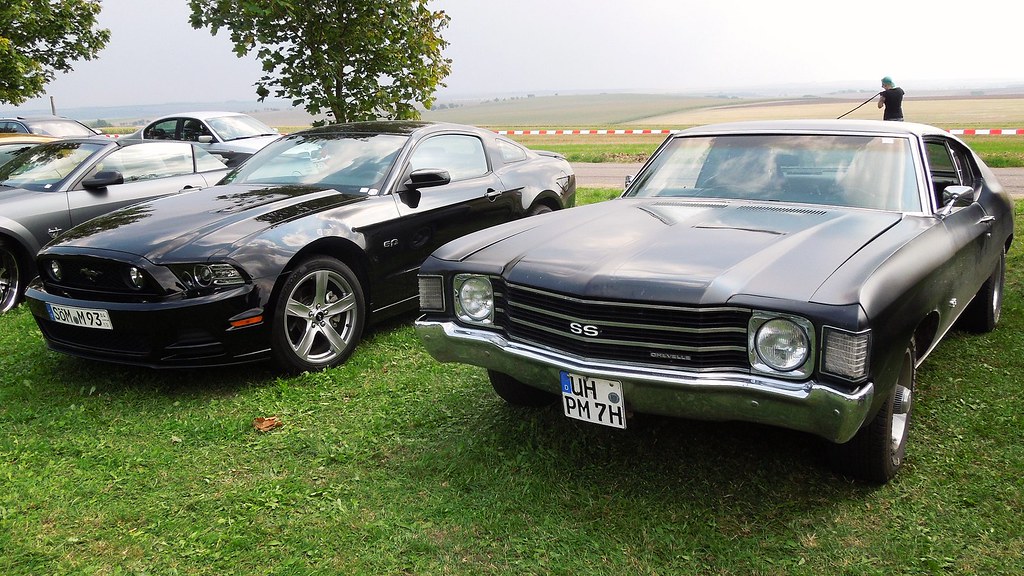
Navigating the maze of car dealerships can be daunting, especially when it comes to figuring out which add-ons are actually worth your money. Too often, these extras are simply unnecessary bells and whistles that can add up to hefty costs for unsuspecting buyers. Therefore, it’s crucial for consumers to educate themselves about these potential pitfalls before making a purchase, empowering them to make smarter and more economical choices.

1. **Roof-Rack Accessories**: For outdoor enthusiasts eager to haul gear for surfing, kayaking, or road trips, the dealership’s roof-rack accessories might catch your eye. However, these can be priced at an inflated $100 to $300, which is significantly more than what you’d pay for high-quality aftermarket options. Companies like Thule and Yakima provide durable and versatile solutions that not only cost less but are also universally compatible with any vehicle you may acquire down the line.
2. **Key Protection**: Losing your car keys can be a hassle, especially with today’s sophisticated locking mechanisms. Dealers often sell key protection insurance for 5% to 8% of your total car insurance premium, but it’s often an unnecessary expense. Instead, consider setting aside a small savings fund for such incidents, as the likelihood of needing a key replacement is low.

3. **Tire Protection**: Tire protection plans are often sold at $60 to $90 annually, but most tires come with warranty coverage for manufacturing defects. Standard new tires are relatively inexpensive compared to the cost of these add-on warranties, making them an unnecessary expenditure.
4. **Dent Protection**: Dent and ding coverage can cost between $600 and $1,500. These plans are typically sourced from third-party companies that charge dealers a fraction of the price, meaning the dealer pockets the difference. If your car does incur damage, you’ll likely have to deal with a convoluted claims process with a company you’re unfamiliar with.

5. **Credit Insurance**: While credit insurance is often marketed as a helpful cushion for your payments in case of job loss, disability, or even death, it typically costs around $370 per year. The good news is that you can usually find this type of coverage for a fraction of the price through your own insurance provider, and remember, dealers cannot legally make it a condition for financing.

6. **GAP Insurance**: Guaranteed Asset Protection, or GAP insurance, is intended to bridge the gap between what you owe on your vehicle and its depreciated value if it’s totaled. Although it has its benefits, dealerships often charge up to $600 a year for it, making it much smarter to purchase this insurance through your own provider where you can find it at a more reasonable rate.

7. **Extended Warranties**: Although extended warranties can provide peace of mind, their typical price tag of $1,000 to $2,800 is frequently better allocated to a dedicated savings account earmarked for future repairs. In reality, most consumers find they don’t utilize these warranties, and keep in mind that a significant portion of the cost is often just dealer commission.

8. **Car Alarms and Trackers**: Dealers will likely pitch additional security systems for prices reaching up to $1,000, suggesting these are essential for your vehicle’s security. However, many cars come equipped with basic security features as standard. If you feel additional protection is necessary, it’s often smarter and more cost-effective to research and purchase an aftermarket system independently.

9. **Paint Sealants**: Modern vehicles come with factory paint jobs that are already designed to withstand elements. Dealers may charge over $400 for paint protection services that aren’t essential. Regular washing and maintenance will keep your vehicle looking its best without these costly add-ons.

10. **Fabric Protection**: Like paint sealants, fabric protection services can be an unnecessary expense, as most manufacturers already provide upholstery protection included in the vehicle price. If you have specific concerns about your car’s interior, a more economical option would be to invest in a spray-on protector yourself.

11. **Nitrogen-Filled Tires**: The idea of nitrogen-filled tires might seem attractive; however, dealerships tend to charge between $100 and $400 for this service. While they claim nitrogen helps maintain tire pressure and reduces temperature fluctuations, research indicates that the benefits under regular driving conditions are minimal. Regular air is free, and simply checking tire pressure routinely can achieve the same results without the additional costs.

12. **Window Tints/Clear Protection**: If you’re considering window tints or protective films, think twice before letting the dealer handle it. They often charge around $395 for these add-ons, but most dealerships hire third-party companies to do the work. By seeking out local service providers, you can find better rates and quality service while avoiding the dealer’s hefty markup.

13. **Upgraded Floor Mats**: The temptation of upgraded floor mats can be hard to resist, especially with prices soaring from $100 to $300. However, your vehicle usually comes with standard mats included, and dealers are unlikely to offer any discounts for removing them. Rather than overspending on dealer options, consider shopping for high-quality, custom-fit mats from reputable online retailers, which can be found at much more affordable prices.

14. **Appearance Packages**: Dealers often market appearance packages, including pinstriping or custom graphics, for $279 to $2,000. Though these may seem appealing, they are generally overpriced add-ons that do not add significant value to the vehicle. Many of these packages are added by the dealer and can be done for a fraction of the cost elsewhere, so it’s wise to skip these during the purchasing process.

15. **Mudflaps**: Dealers may recommend mudflaps under the guise of paint protection, but this add-on usually isn’t necessary for passenger cars. Prices can range from $15 to $50 for the flaps alone, plus an additional $70 to $150 for installation. Instead, research your state’s requirements for truck and SUV mudflaps and consider purchasing and installing them on your own if desired.

16. **Trunk Trays**: If you’re eyeing a trunk tray available from the dealer, be cautious. Dealers might charge over $700 for this simple accessory. A form-fitting trunk tray can usually be found online or at local auto parts stores for about $200. It’s better to shop around than to pay the dealer’s inflated prices for something you can acquire yourself at a reasonable cost.
While the landscape of car dealership add-ons can be overwhelming, being well-informed allows you to navigate it successfully. By recognizing unnecessary costs, consumers can make thoughtful decisions that not only save money but also help them steer clear of the common traps that ensnare unwary buyers. It’s essential to do thorough research, ask the right questions, and stand firm against high-pressure sales tactics. Such careful diligence will undoubtedly lead to significant financial savings.
Related posts:
Car dealerships can’t charge you for add-ons you don’t want
Escape From the Box








